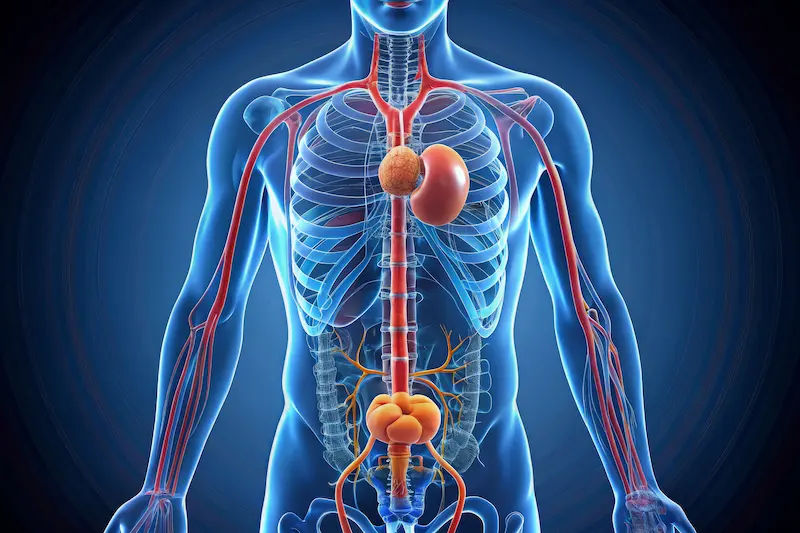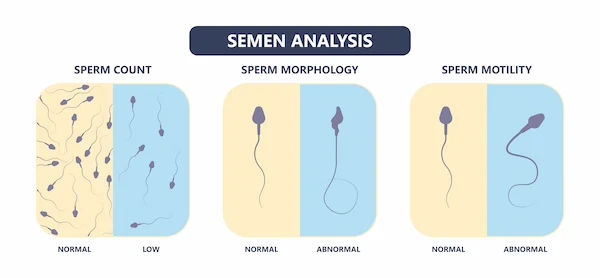- male
- 30 Years
- 22/01/2025
I'm having some problems that are really concerning me. Firstly, during sex, I notice that my penis seems to lose its hardness and takes quite some time to get firm again. Secondly, I'm worried about the size of my penis because the circumference seems small to me. Also, I'm not sure if it's normal that it bends downward instead of being straight. Could you let me know what might be causing these issues or what I might be able to do?
Answered by 1 Apollo Doctors
Treating Frenulum Breve and Penile Curvature: Options and Precautions_
Given your concerns, here's a summary of possible treatments for frenulum breve and penile curvature:
Medical Treatments
- Frenuloplasty: A surgical procedure to lengthen the frenulum, relieving tension and reducing curvature.
- Frenectomy: A surgical procedure to remove the frenulum, which can help alleviate curvature and tightness.
Non-Surgical Treatments
- Manual stretching: Gentle, manual stretching of the frenulum can help lengthen it over time.
- Frenulum stretchers: Devices specifically designed to stretch the frenulum, available online or through medical suppliers.
- Topical creams or gels: Certain creams or gels, such as those containing hyaluronic acid or glycerin, may help reduce friction and promote frenulum stretching.
Home Remedies
- Warm compresses: Applying warm compresses to the frenulum area may help increase blood flow and promote relaxation.
- Massage: Gentle massage of the frenulum area may help reduce tension and promote stretching.
Precautions
- Consult a healthcare professional: Before attempting any treatment, consult a urologist, dermatologist, or primary care physician to discuss the best course of action.
- Avoid over-stretching: Be cautious not to over-stretch the frenulum, as this can cause injury or scarring.
- Monitor progress: Regularly monitor your progress and adjust your treatment approach as needed.
Dr. Ranjith Suggests...
Consult a Urologist
Answered 04/07/2025
0
0

More Urology Health Queries
View allI'm really having some trouble during intercourse. When I do oral sex, my erection is strong, but when it comes to penetration, I just can't seem to find the right spot, and I start to lose my erection. I've only been married for two weeks, so this is all new to me. Could you please guide me on what I might be doing wrong or how I can keep my erection?
Its not uncommon for men to experience difficulty maintaining an erection during vaginal intercourse, especially in the early stages of marriage. This can be due to anxiety, stress, or the pressure to perform. It may help to focus on relaxation, communicate openly with your partner, and consider consulting a healthcare provider if the issue persists.
Answered by 1 Apollo Doctors
had inguinal hernia and varicocele surgery about 3 months and 20 days ago but now feeling moderate pain in the red circled area and mild pain in the green circled area also noticed my right testicle is slightly bigger than before what could be causing this
needs P/E for better advice.
Answered by 1 Apollo Doctors
I'm experiencing nocturnal emissions around 23 times a month, and I think it might be linked to gas in my rectum. What can I do to address this issue?
Nocturnal emissions (nighttime ejaculation) occurring 2-3 times a month are generally considered normal and not a cause for concern. However, if it's linked to discomfort like gas in the rectum, improving digestion by managing your diet, staying hydrated, and incorporating regular physical activity can help. If the issue persists or worsens, consulting a healthcare provider for further evaluation would be beneficial.
Answered by 1 Apollo Doctors
Disclaimer: Answers on Apollo 247 are not intended to replace your doctor advice. Always seek help of a professional doctor in case of an medical emergency or ailment.





